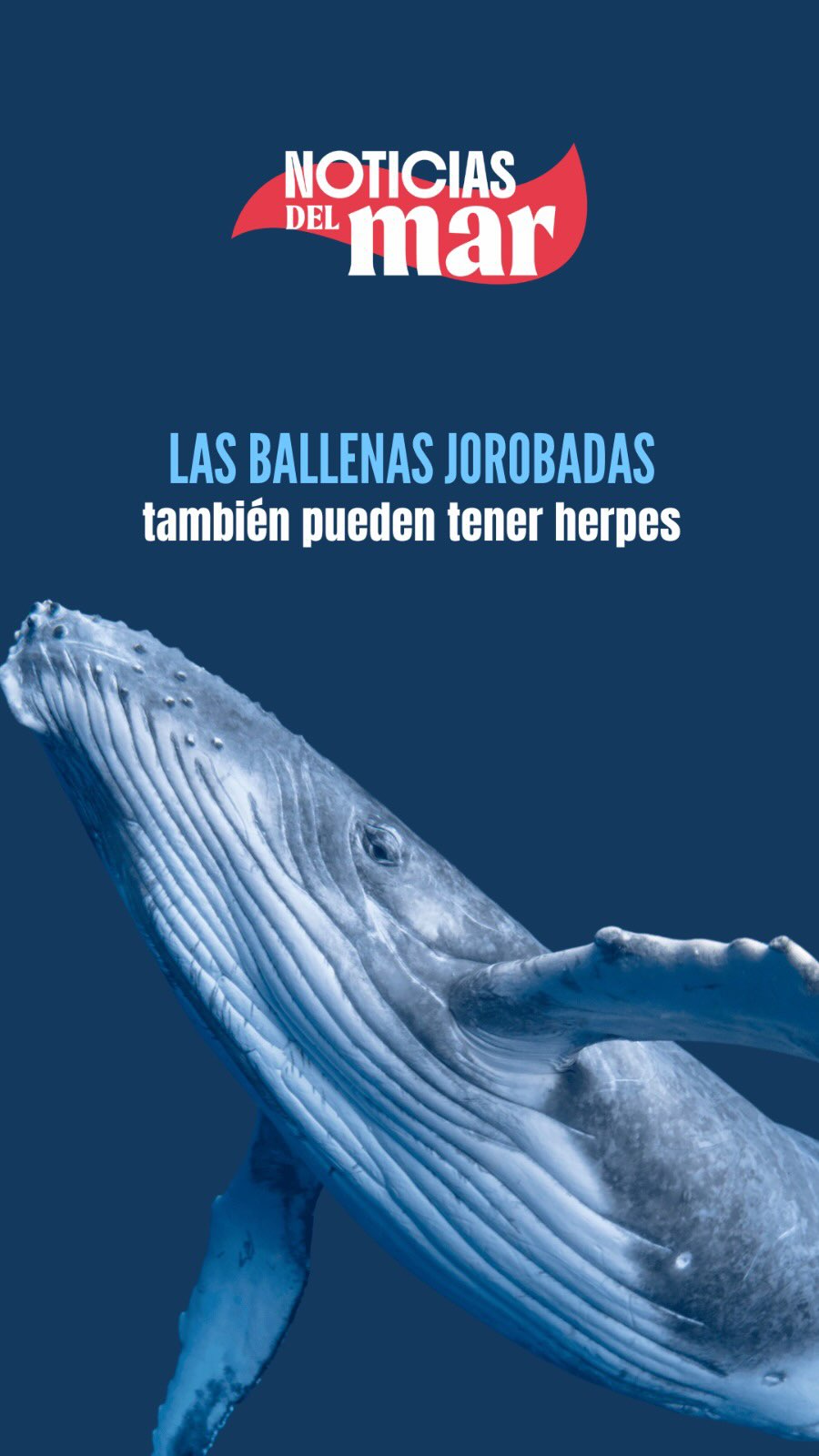- Discovery of herpesvirus in humpback whales highlights potential health concerns in marine life.
- Collaboration among veterinarians and scientists advances understanding of marine disease.
- Importance of molecular detection methods for monitoring wildlife health.
- Implications for conservation efforts in the Western Mediterranean Sea.
- Broader significance for wildlife surveillance and ecological balance.
The discovery that humpback whales (Megaptera novaeangliae) can harbor herpesvirus adds a new dimension to marine health studies. This finding, led by veterinarians in collaboration with scientists from the VISAVET Health Surveillance Centre, underscores the complexities involved in marine ecology. Understanding the health status of these majestic creatures is vital not only for their well-being but also for maintaining the balance of oceanic ecosystems.
Herpesvirus, mainly known for affecting humans and terrestrial animals, was detected in a skin lesion on a humpback whale from the Western Mediterranean Sea. The molecular detection methods employed were key to uncovering this health issue, emphasizing the importance of advanced diagnostic tools in wildlife research. This discovery suggests that viral infections could be more widespread in marine species than previously thought.
Collaboration among scientists and veterinarians is crucial in advancing our understanding of marine diseases. The integration of veterinary medicine and marine biology enables a more comprehensive approach to wildlife health. Such partnerships are instrumental in developing strategies to monitor and manage potential outbreaks among marine populations.
Detecting viruses in marine wildlife has significant implications for conservation efforts. The presence of herpesvirus in humpback whales may indicate environmental stressors or changing conditions in their habitats. Addressing these issues is vital to the conservation of biodiversity in the Western Mediterranean Sea. Effective surveillance and proactive measures can mitigate the risks posed by such infections, aiding in the protection of these iconic marine mammals.
The broader significance of this discovery extends beyond individual species. Monitoring the health of marine life is essential for maintaining ecological balance. As apex predators, humpback whales play a critical role in their environment, and their health can influence the entire marine food web. Continued research and surveillance are imperative to fostering a sustainable relationship between human activities and the marine environment. This case exemplifies the need for ongoing vigilance and innovation in wildlife health management, ensuring the resilience of ocean ecosystems for future generations.
*****
Source Description
🐋 🔴 Hoy, en Las ballenas jorobadas también tienen herpes.
Veterinarios de la en colaboración con los científicos de VISAVET Health Surveillance Centre, descubrieron que las ballenas jorobadas pueden tener herpesvirus.
Te lo contamos todo en tu nuevo espacio informativo favorito: ¡Noticias del Mar!
🔗 Te dejamos por aquí el enlace al artículo y su referencia, por si quieres saber más: https://lnkd.in/dz5xKAG4 – Vargas-Castro, I., Crespo-Picazo, J.L., Jiménez Martínez, M.Á. et al. Molecular detection of herpesvirus in a skin lesion of a humpback whale (Megaptera novaeangliae) from the Western Mediterranean Sea. Eur J Wildl Res 70, 31 (2024).
🌊 ¡Hasta la próxima entrega de Noticias del Mar! ¡Ciao, pescao’! 🐟


